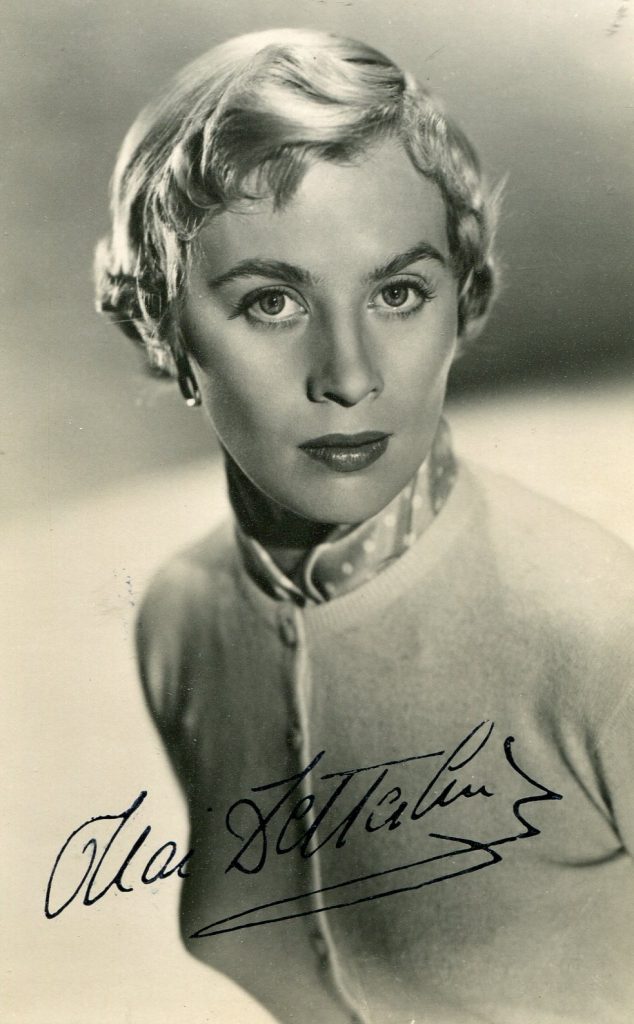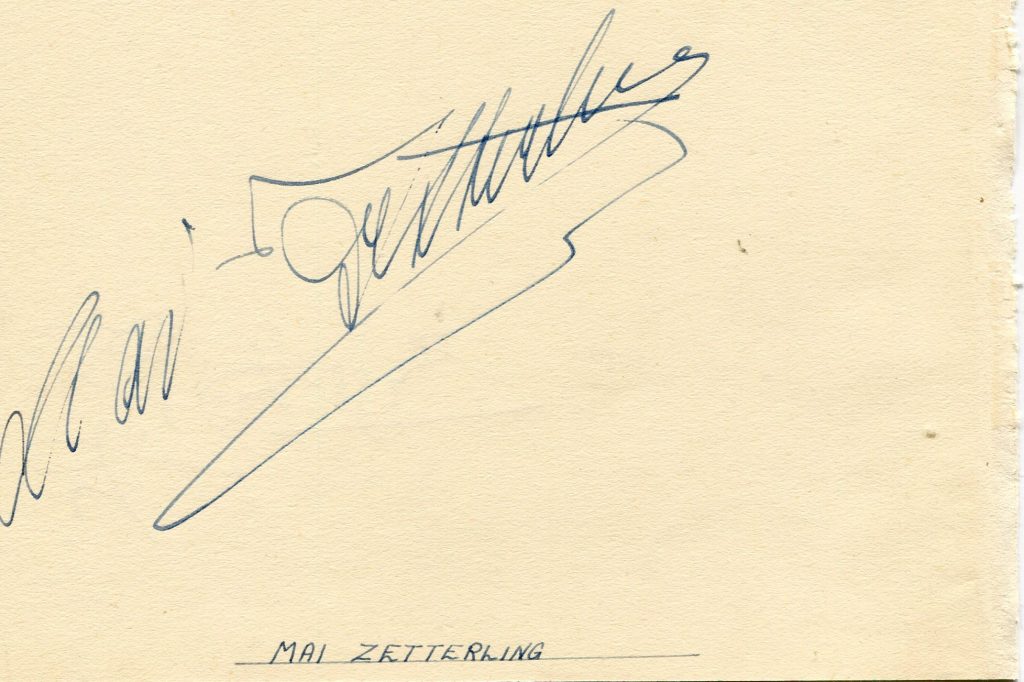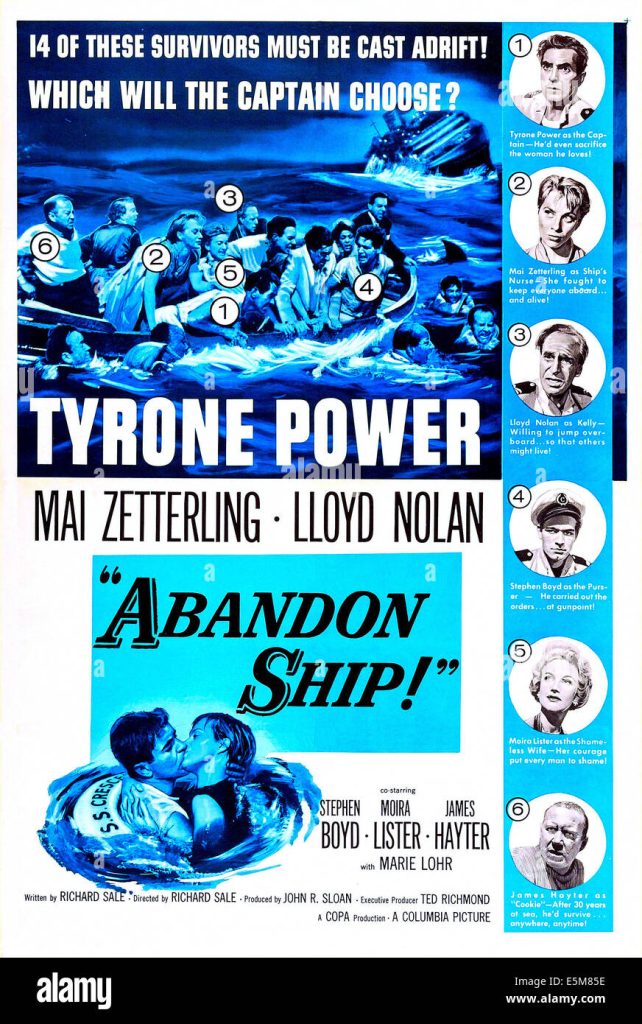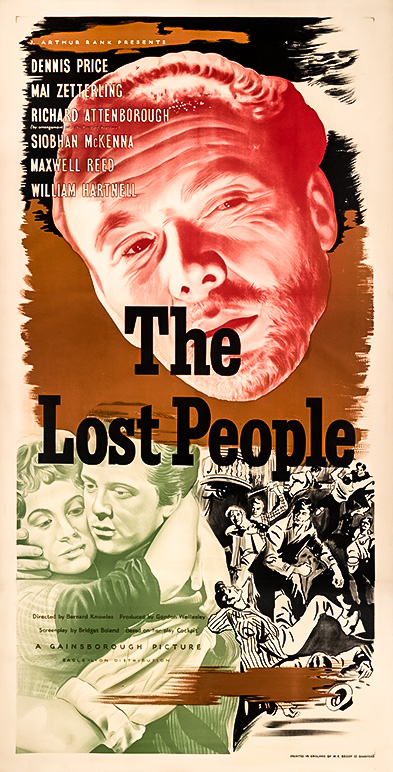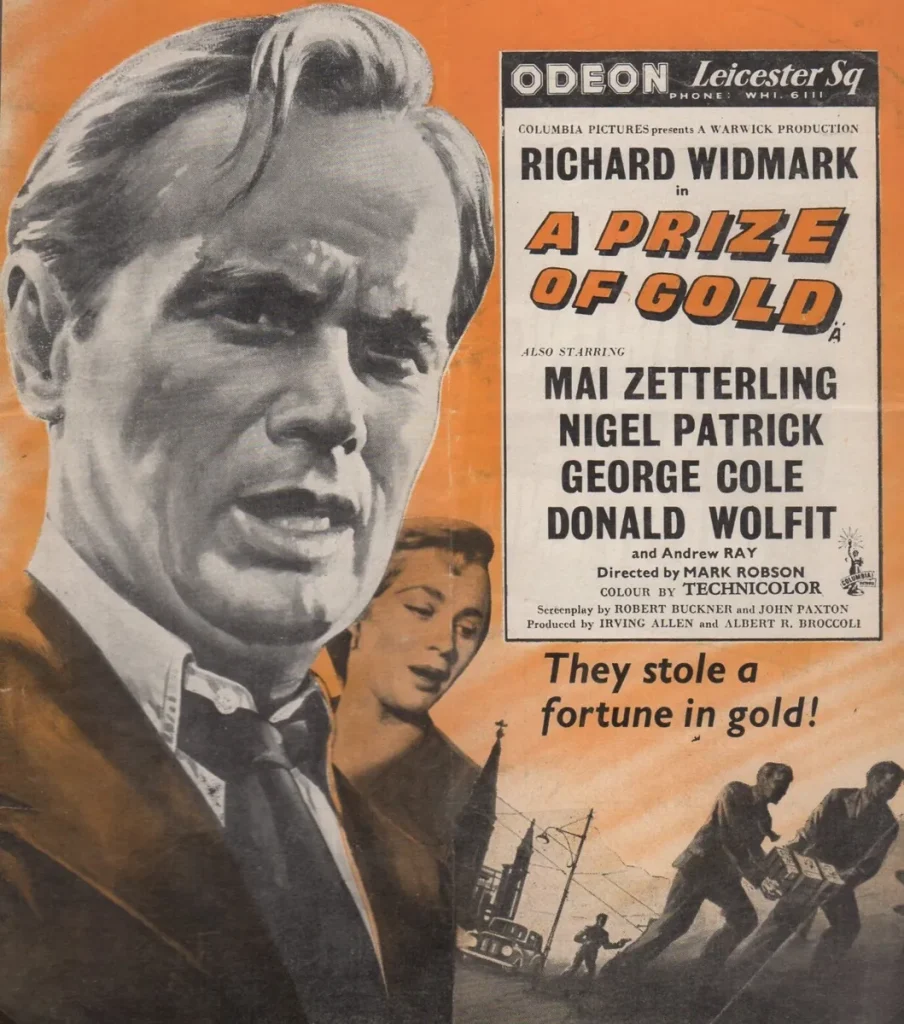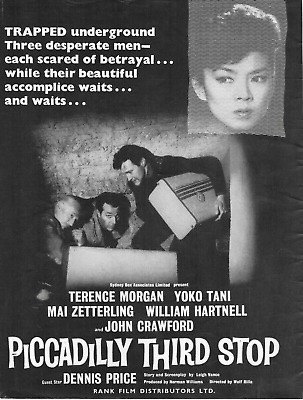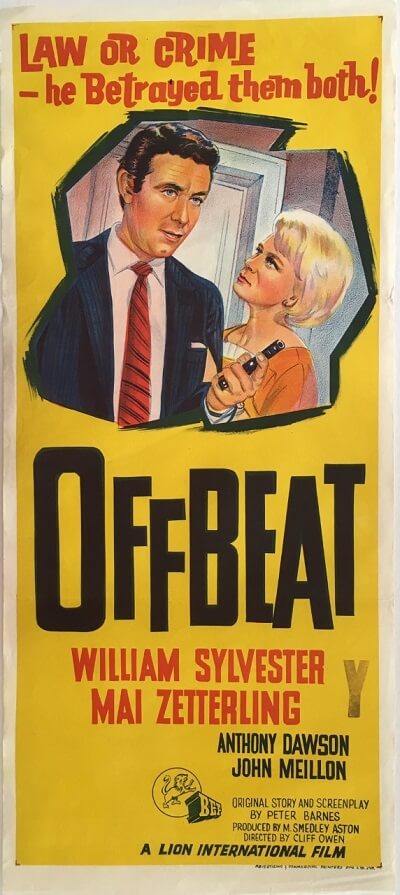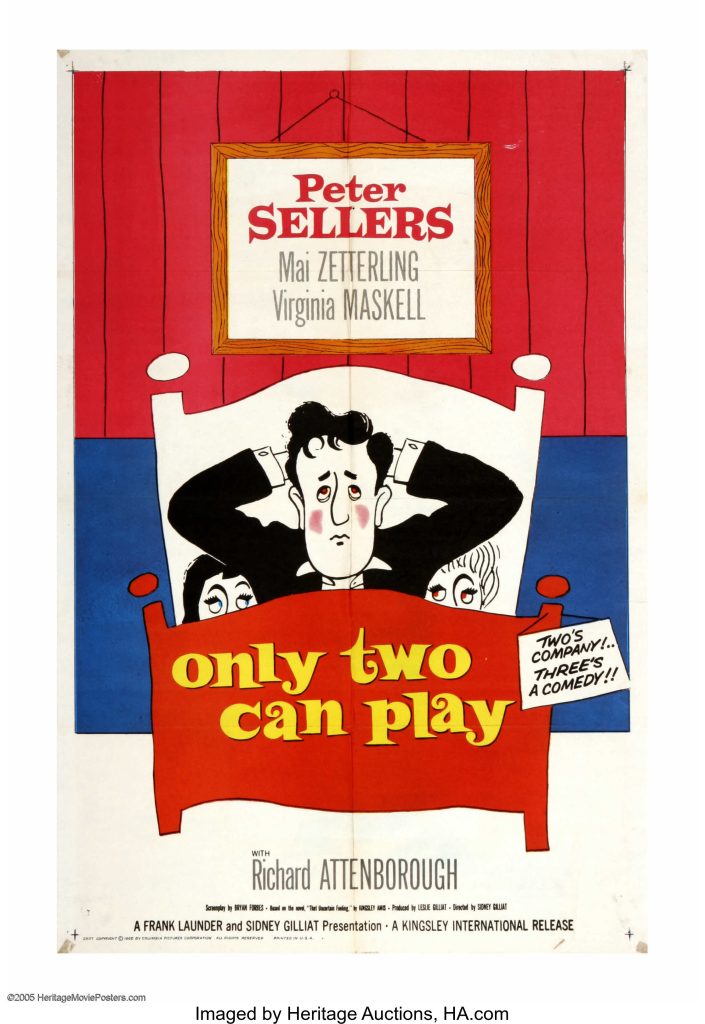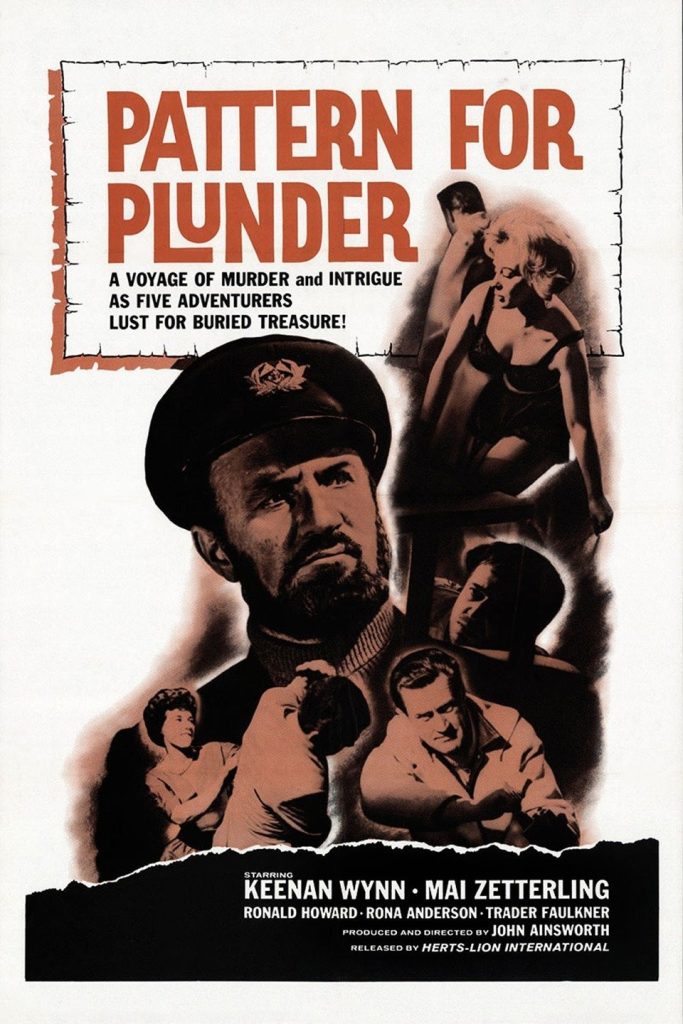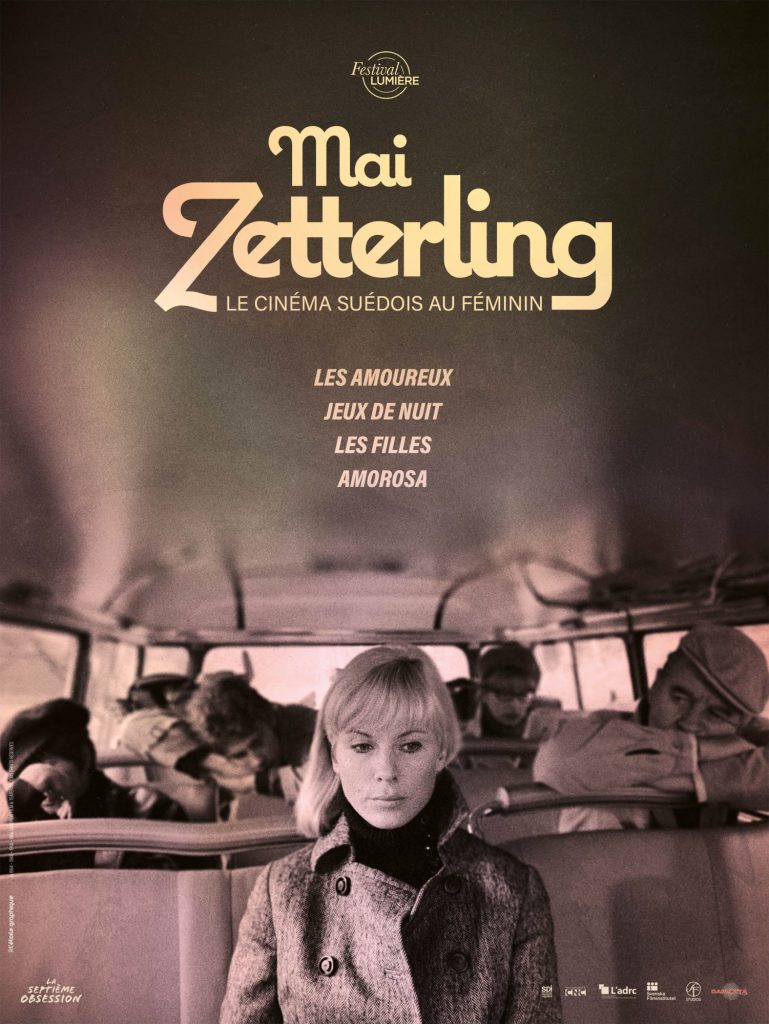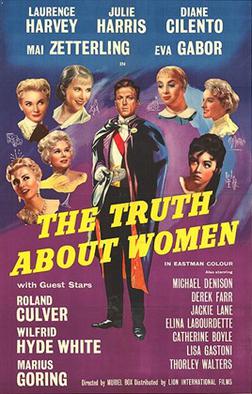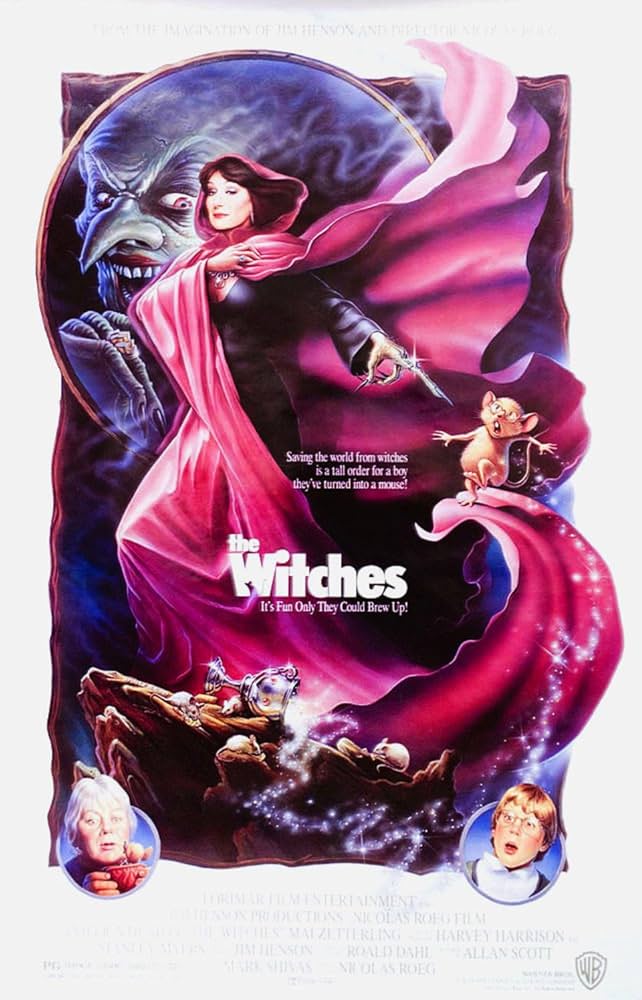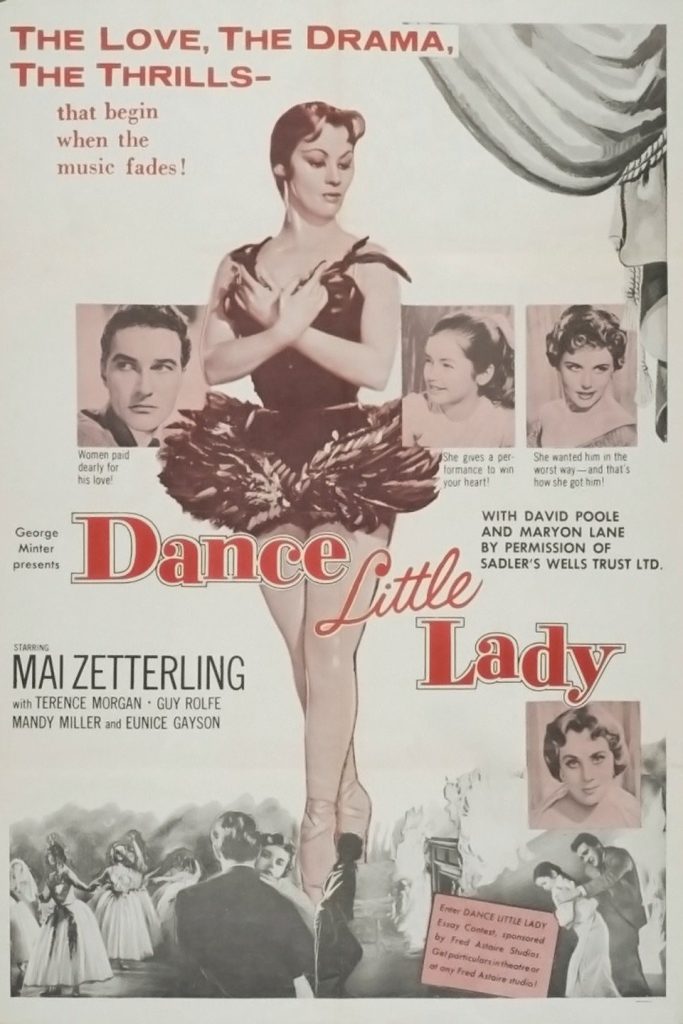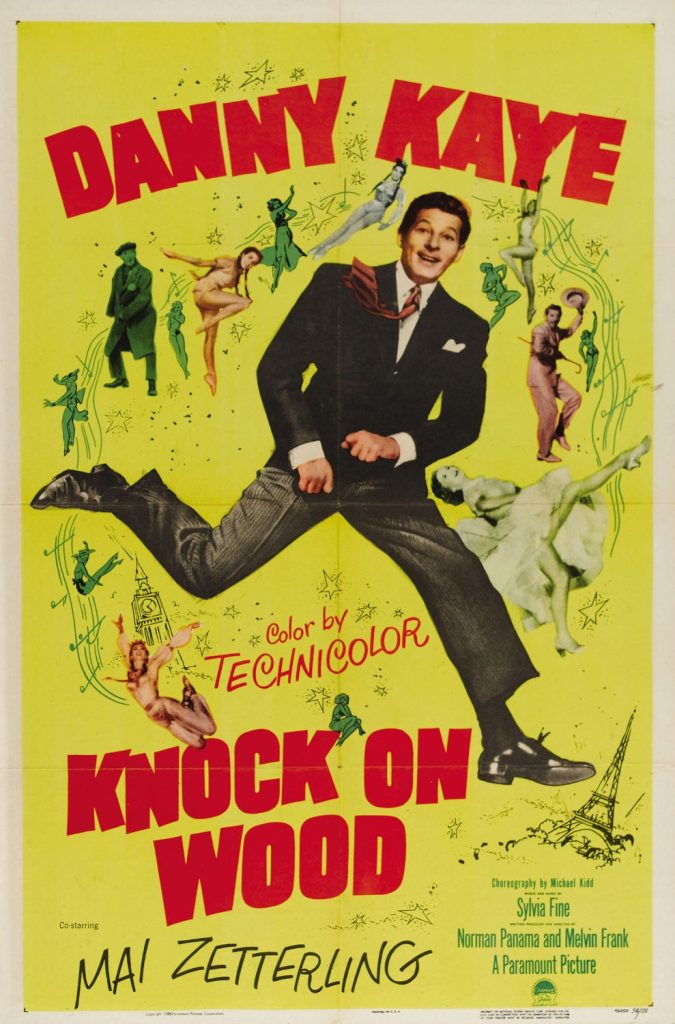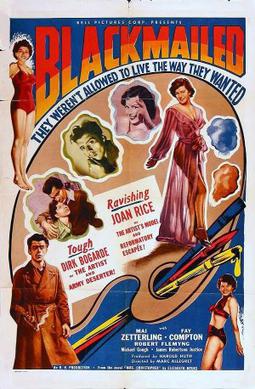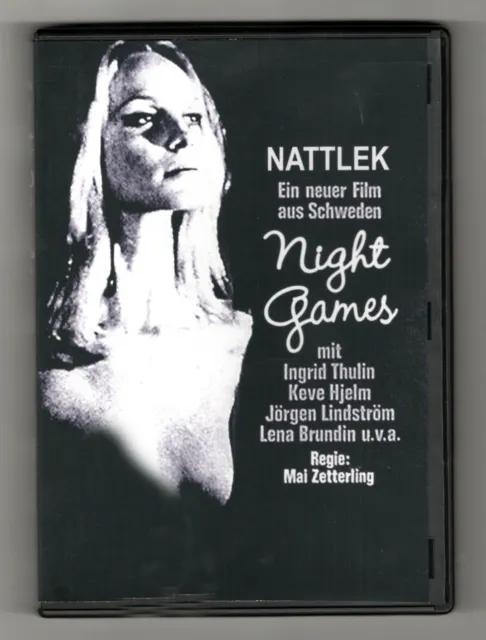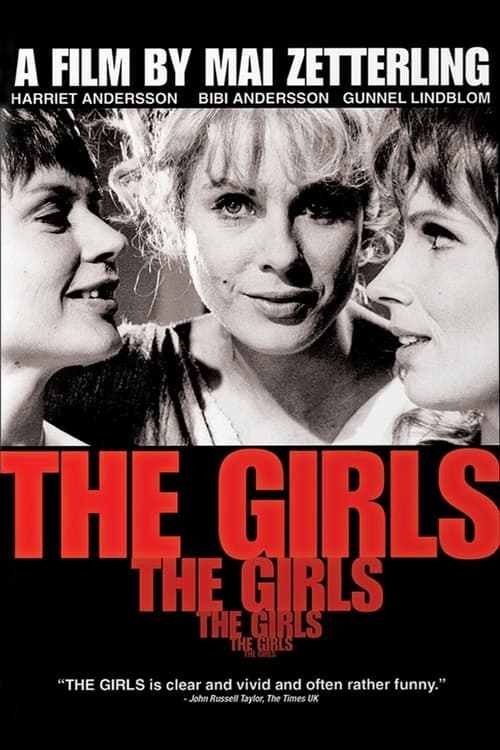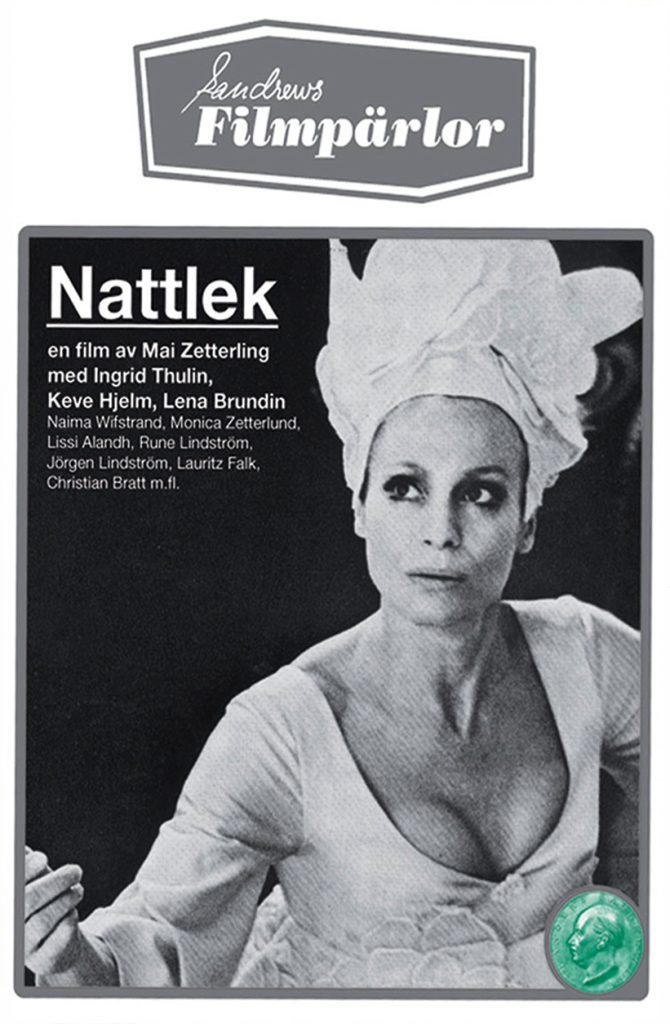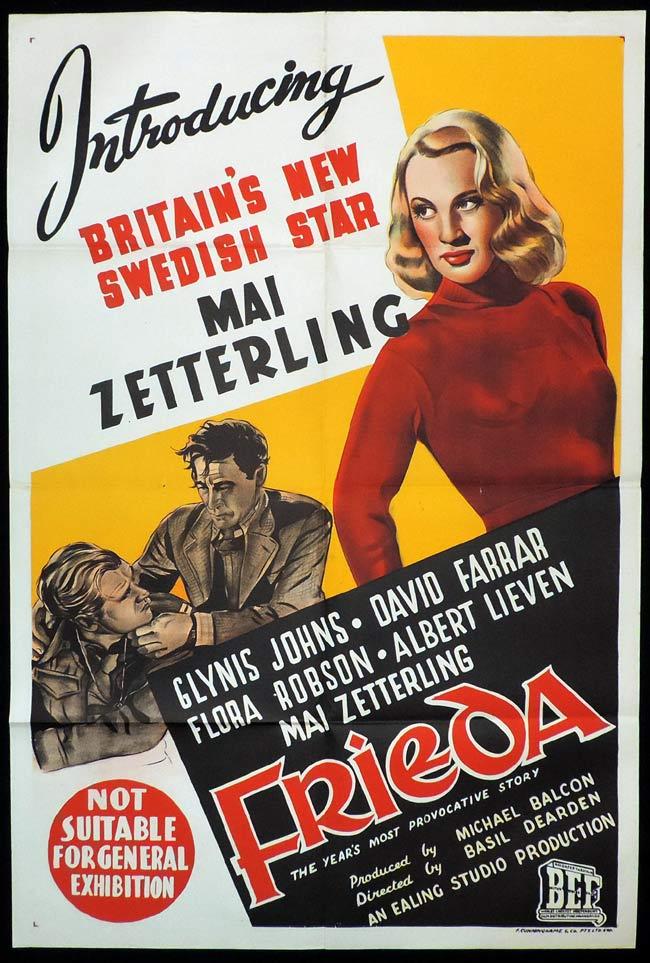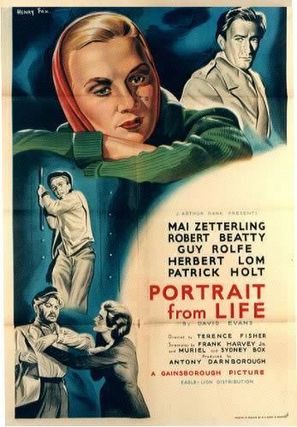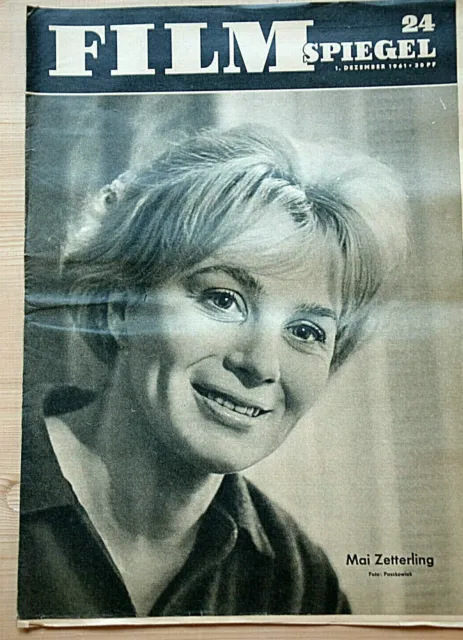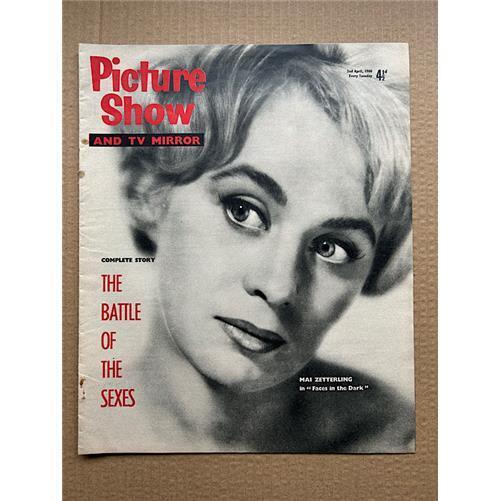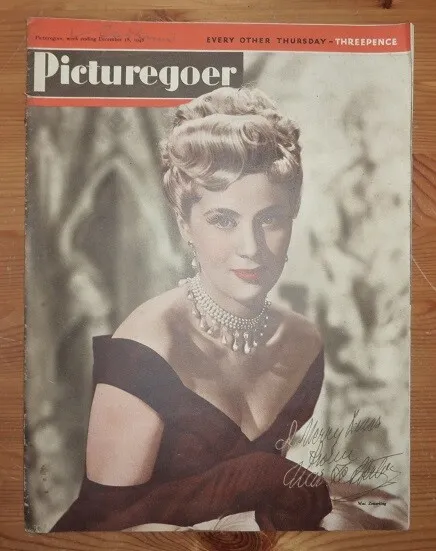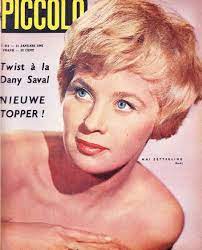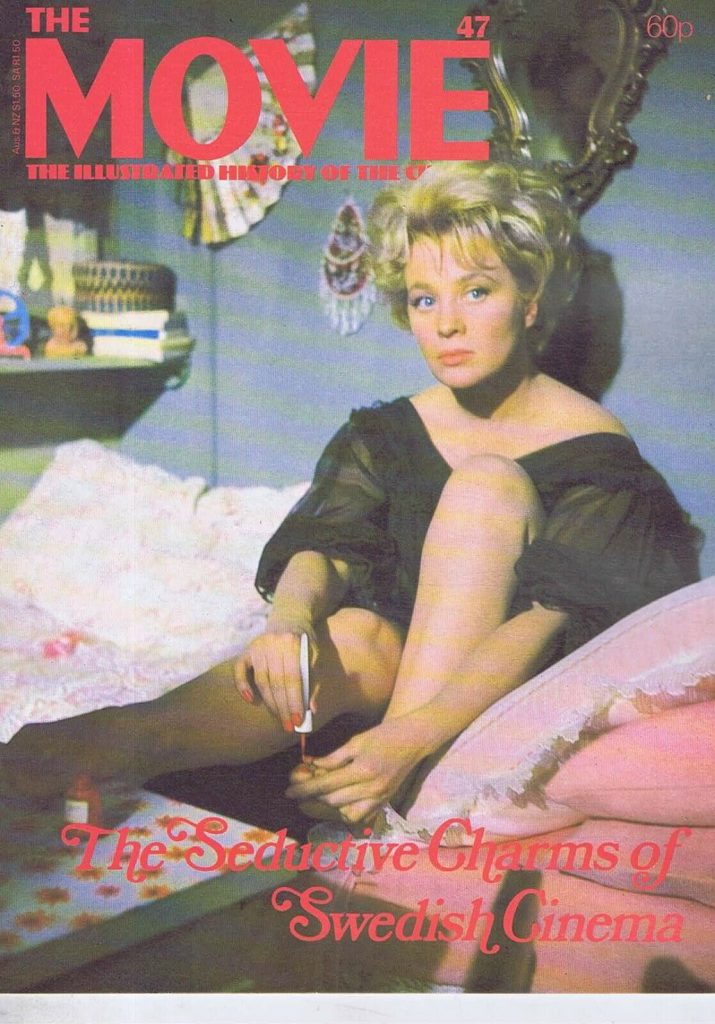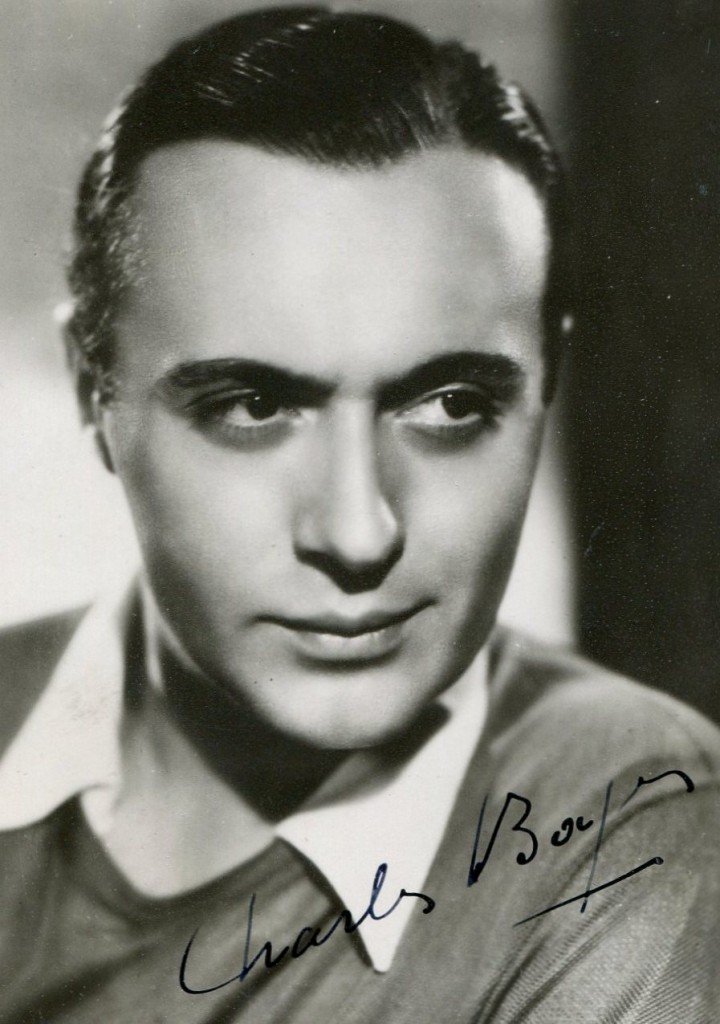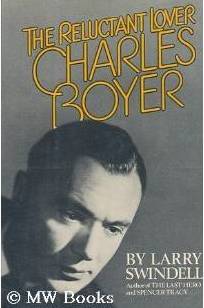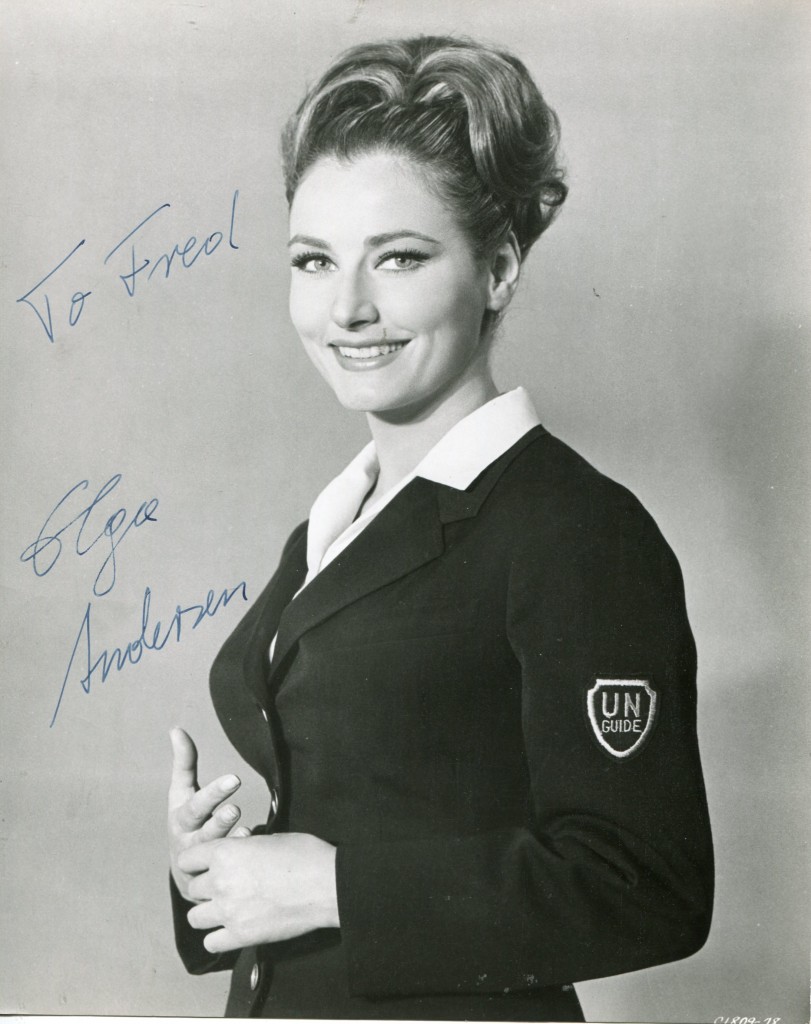Over the last two decades, this charismatic Austrian bodybuilder has become one of the world’s leading box-office attractions, married into one of America’s foremost families and built a thriving business and real estate empire. Schwarzenegger played forgettable roles in several 1970s movies, first gaining attention as the subject of George Butler’s fine documentary, “Pumping Iron” (1976). He earned a Golden Globe Award as Most Promising Male Newcomer for his role in Bob Rafelson’s “Stay Hungry” (1977) and starred in two sword-and-sorcery sagas, “Conan the Barbarian” (1982) and “Conan the Destroyer” (1984), each of which grossed over $100 million worldwide. Schwarzenegger’s screen persona–a physique that strains the imagination combined with a thick Austrian accent–received a major credibility boost with “The Terminator” (1984), which cast him as an alien Ubermensch and established his trademark, automaton-like delivery of minimal lines such as “I’ll be back”. The modestly-budgeted film secured his status as an international star, established the careers of director James Cameron and producer Gale Ann Hurd, and set the pace for many of the violent, action-adventure, special effects-driven movies that would dominate the global market in the second half of 1980s. Schwarzenegger continued to star in such films for the rest of the 80s with the notable exception of the ludicrous, but successful, “Twins”, a 1988 comedy that paired him with Danny De Vito. Schwarzenegger’s career has been a carefully orchestrated one, reflecting an aggressive business and marketing acumen which has also brought him success in other fields (e.g., he now produces the “Mr. Universe” and “Mr. Olympia” pageants in which he once competed). With an eagerness not only to adapt to American life but to conquer it, reminiscent of the earlier immigrants who founded America’s entertainment industry, he became a naturalized citizen in 1983 and joined the country’s nobility with his 1986 marriage newscaster Maria Shriver, a member of the Kennedy family. Schwarzenegger started the 90s with a big-budget sci-fi actioner, Paul Verhoeven’s “Total Recall” (1990), which some reviewers found repellent and violent. Audiences embraced it, making it one of the highest grossing films of its year. It was, however, trounced at the box office by more modest and seemingly harmless hits such as “Home Alone” and “Ghost”. Schwarzenegger scored another hit in 1990 with “Kindergarten Cop”, a change-of-pace comedy pitting the muscular tough guy against a classroom full of rowdy kids. This solidified the “kinder, gentler” nature that characterized his persona of the 90s. Prior to this conscious change in strategy, he had killed over 275 people onscreen in films that grossed over $1 billion worldwide. With a budget estimated as high as $95 million, Cameron’s “Terminator 2: Judgment Day” (1991) was a blockbuster sequel to the $6.5 million original. After a violent opening, the Terminator becomes a relatively paternalistic softy who merely wounds those foolish enough to get in his way while reserving his most lethal weapons for a new improved robot (Robert Patrick). Virtually a lavish remake, the film grossed over $200 million. As an encore, Schwarzenegger made his executive producing debut starring in a kiddie-oriented action comedy-fantasy, “The Last Action Hero” (1993). The most expensive film of the summer season (perhaps as much as $100 million), the film reunited the star with “Predator” (1987) director John McTiernan. It turned out to be a resounding flop, Schwarzenegger’s first since achieving stardom. By contrast, his follow-up the next summer, “True Lies” (1994), gained a favorable response from critics and audiences who liked its good humor, astounding action sequences and more suitable use of its star. Written and directed by Cameron, this “domestic epic”-cum-Bond spoof successfully expanded the action hero’s range and demonstrated that Schwarzenegger could play a suave tuxedo-clad spy dancing a tango with elegant bad girl Tia Carrere as well as a credible family man breaking bread in the suburbs with his wife (Jamie Lee Curtis) and child. He and Curtis also proved surprisingly well matched as co-stars. Schwarzenegger turned to gentler, more farcical material with “Junior” (1994), spoofing his own body image as a man who becomes pregnant. Despite the auspicious reteaming with “Twins” director Ivan Reitman and co-star De Vito, the film proved a critical and commercial disappointment. He returned to familiar territory playing a US marshal with the witness protection program in “Eraser”, a high-tech actioner for the 1996 summer season. The industry buzzed with news of Schwarzenegger’s next project–playing the cool, cruel Mr. Freeze in the high-profile sequel “Batman and Robin” (1997). He has also made a few discreet forays behind the camera, helming a 1990 episode of HBO’s “Tales from the Crypt” entitled “The Switch” and a 1992 TNT made-for-cable movie remake of “Christmas in Connecticut”. The latter starred Dyan Cannon, Kris Kristofferson and Tony Curtis. In 2002, after a series of box office bombs, Schwarzenegger announced he was parting ways with the William Morris Agency, where he had been repped since 1997. The following year, Schwarzenegger reprised his role in “Terminator 3: The Rise of the Machines,” receiving his biggest earnings yet (reportedly over $30 million) for a feature film, despite the fact that the franchise’s originator, writer-director James Cameron, and its nominal central character, Linda Hamilton, had both opted out of the sequel. Instead, Schwarzenegger would approve a script by up-and-coming writer-director Jonathan Mostow, and play another heroic version of his android character, caught in a conflict between a more adult John Connor and the villainous female TX (Kristana Lokken). The film proved to capture some the steel-crunching power stunts and the time-bending twists of the original two movies, if lacking some of their original spark and intensity; nevertheless, despite a heavy promotional push from its star (who at the time was the center of much media attention due to his “will he, won’t he?” plan to run for governor of California) and mostly favorable reviews, “T3” performed merely adequately amid several other sequels in the American box office, making the majority of its profits internationally. In 2003, before promoting “T3,” Schwarzenegger, an avowed Republican despite his wife’s Kennedy connections, had dangled the possibility of his bid for the California governorship amid talks of a recall of the then-top official, Democrat Gray Davis, but cannily kept mum on his plans and his possible policies during interviews to promote his film. Perhaps waiting to see if he still had a A-level movie career ahead of him, the actor was expected to announce he would not run if the recall proceeded, then stunned everyone by jumping into the race with an announcement to Jay Leno on “The Tonight Show.” Steered by a cadre of top California Republicans and receiving the endorsement of President George W. Bush, Schwarzenegger leapt into the political fray and was criticized early on for failing to fully define his campaign platform and refusing to participate in several debates; nevertheless he did prove a popular candidate and potential threat to Davis, gaining in polls as his campaign matured (he was also famously egged at a public appearance). He was dogged by a 1970s-era interview with Oui magazine in which he claimed to have experimented with illegal drugs and group sex. Schwarzenegger would appear with his wife on “The Oprah Winfrey Show” to deny the claims, asserting that he had made them up to sensationalize his background and pump up his then nascent career. Just a few days before California’s recall election, The Los Angeles Times ran a story featuring interviews with several women who alleged that, on various occasions betwen the mid-1970s and the year 2000, the actor had groped them against their will and/or made crude sexual remarks to them (many of the allegations first surfaced in a 2001 article in Premiere but were denied). Schwarzenegger did not admit to the latest round accusations, but he did make a public apology if he had offended anyone. The information did not dissuade the majority of California voters, who overwhelmingly approved the recall and elected Schwarzenegger to a three-year term as the governor of California on Oct. 7, 2003. The actor announced that his movie career would be shelved during his tenure as a public official, but he had one more film in the pipeline that had been filmed before he announced his political intentions. Ironically, his cameo role in the ensemble of the remake “Around the World in 80 Days” (2004) featured Schwarzenegger as Prince Halpi, a rakish Turkish potentate with many of the boorish characteristics that he himself was criticized for during his campaign: leering, groping, hot-tubbing and making uninvited advances toward the scantily clad women in his presence. The film’s producers said Schwarzenegger Schwarzenegger took an active role in designing his character’s appearance, right down to the prince’s skin color and hairstyle, resulting vain, bejeweled, silk-robed ruler with visible wrinkles, unusual tan and shoulder-length hair who invites Phileas Fogg (Steve Coogan) and his globetrotting friends into his opulent palace. Perhaps as a courtesy to the governor, the film’s distributor Disney did not make available any images of Schwarzenegger in character, and the governor’s office remained mum on the film. Meanwhile, Schwarzenegger secretly slipped away from Sacramento in 2004 to film sequences for “The Kid and I” (2005), written by his friend Tom Arnold and featuring the governor and Jamie Lee Curtis reprising their roles as “True Lies” heroes Harry and Helen Tasker for a cameo fantasy sequence in the story about a boy with cerebral palsy who is obsessed with the 1994 film. Though Schwarzenegger had a sometime rocky first term as governor and often stoked the ire of his more liberal Hollywood colleagues, he enforce legislation aimed at helping celebrities, signing a law which enforced new penalties against paparazzi who commit assaults in order to shoot potentially high-paying celebrity “money shots” after dangerous incidents involving such famous names as Reese Witherspoon, Lindsey Lohan and Scarlett Johannson.
The above TCM overview can also be accessed online
here.






































